Is Divorce Mediation Right For You?
Divorce mediation is an alternative to litigation that puts you in control of the outcome of your divorce. This method helps you settle outstanding issues without conflict or acrimony. In addition, it can save both you and your spouse a lot of money. But it’s not for everyone. You must make sure that you’re ready for it. Before you sit down for a mediation session, you must consider whether it’s the right option for you and your family.
A typical mediation session begins with a couple meeting with the mediator. During this meeting, the mediator will discuss the main issues surrounding the divorce. If the couple has children, they will also discuss child custody and support. In some cases, they will also bring financial documents and other relevant information. During these meetings, the mediator will try to reach a fair settlement for both parties. This process will not be quick, but it can be a good option for some couples.
If the two parties are not able to reach a mutual agreement in mediation, they may need to hire private attorneys to complete the agreement. However, in most cases, couples make some progress during mediation and only have a few remaining issues to settle. As a result, they don’t need to start the process over. Even if they can’t come to terms with everything during the initial consultation, they can usually come to an agreement on the remaining issues with their attorneys.
Another benefit of divorce mediation is the neutrality of the mediator. While the mediator is not permitted to give legal advice to either party, he or she can help you formulate ideas and agreements that meet your needs and goals. This open exchange of information frees both spouses to negotiate with complete confidence. It also reduces the length of time required for the final resolution.
If you choose to go through divorce mediation, it is important that you have a complete listing of your assets and debts. This information should include bank accounts, retirement accounts, stocks, and any other assets or debts. Your mediator will need to do research on your assets and liabilities in order to arrive at a fair solution for your situation.
While divorce mediation can take months or even a year, it is not a legal binding agreement. The length of the process will depend on the number of issues that need to be settled and the level of animosity between the divorcing parties. If the spouses are not willing to compromise, they may not be candidates for mediation. Instead, they will likely have to litigate in court. This process is time-consuming and will only yield results if both spouses are willing to work through the process.
If you’re in need of a divorce attorney, there are a variety of resources available. Your local courthouse has a list of mediators who have been approved by your state. You can also find a list of mediators approved by a national family law or mediation organization. A good mediator will not only be able to help you achieve a resolution, but he or she will also be able to keep you emotionally calm and connected throughout the process.
During a divorce mediation, the mediator will help you communicate in a friendly and constructive manner. The mediator will be able to make suggestions based on his or her experience. Although mediators cannot provide legal advice, they can provide you with a variety of options to choose from, which can make the process go faster and save both parties money. This process is a great way to avoid costly litigation. However, before you begin, it’s best to consult with a divorce attorney.
Divorce mediation allows you to reach agreements on many issues that might otherwise be impossible to resolve. A divorce mediator can explain complicated legal issues in plain language so that both parties can reach an agreement. Divorce mediation also allows you to determine the division of marital property and child support, and can help you come to a parenting plan that will suit your children’s needs.



